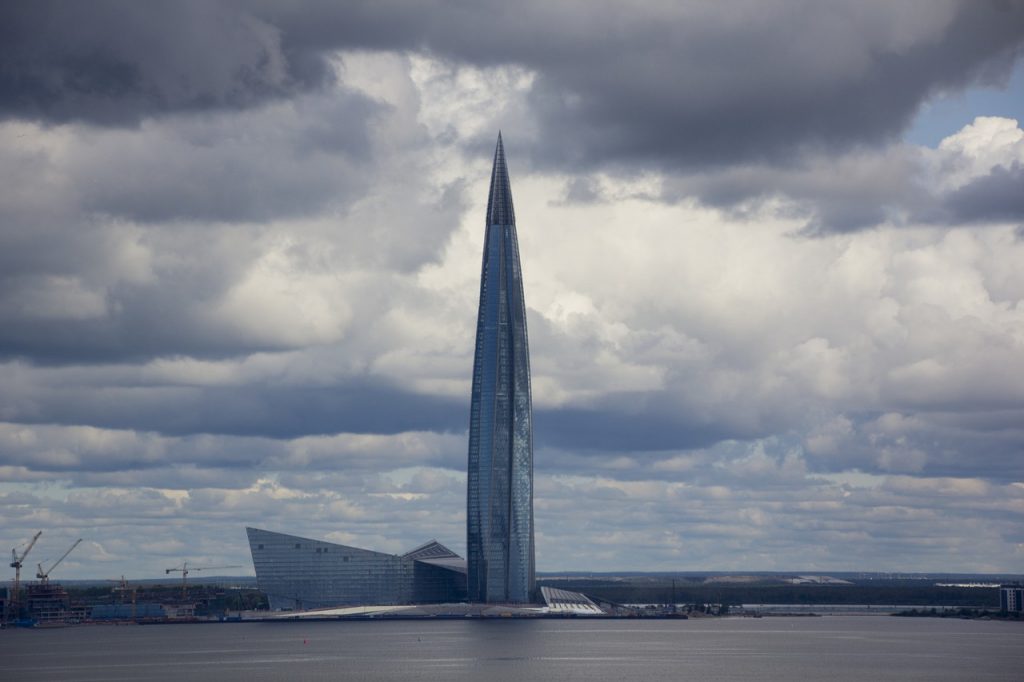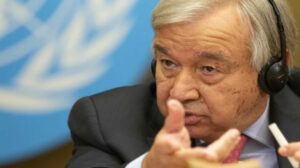
A Scottish architecture firm has released plans for the second-tallest skyscraper in the world to be built in St. Petersburg, Russia.
The Lakhta Center II will stand at 703 meters (2,306 feet), while the world’s tallest building, the Burj Khalifa in Dubai, measures 828 meters (2,717 feet), according to a press release from architects Kettle Collective. However, the planned skyscraper will house the highest occupied floor and viewing gallery in the world at 590 meters (1,936 feet). By way of comparison, the current second-tallest building is the Shanghai Tower, at 632 meters (2,073 feet). The Shard in London measures 310 meters (1,017 feet). The Lakhta Center II will stand on the outskirts of St. Petersburg next to the original Lakhta Center, which is the tallest building in Europe at 462 meters (1,516 feet) tall and houses the headquarters of energy company Gazprom.
Tony Kettle is design lead on the project, and also designed the Lakhta Center during his time at architectural firm RMJM. “The new Lakhta Center will be a template of sustainable design for global high-rise projects,” said Kettle in the press release. “It will have the best in class low energy design and a mix of uses that will create a vertical atrium space with a vibrant centre as the heart for this new business district.” The Lakhta Center II will feature office space, accommodation and relaxation spaces over 150 floors.
“The design is both aesthetic and functional as it will reduce considerable wind forces that will impact the structure, in turn reducing the size of structural elements required within the building,” added Kettle. “This is a hugely significant partnership for our studio and has come at a time of considerable global challenge, not just for Kettle Collective but for our industry as we navigate the impact of the pandemic,” said Kettle’s managing director Colin Bone. The original Lakhta Center was St. Petersburg’s first “supertall” building (one measuring 300 meters or above). The structure is now the northernmost skyscraper in the world, according to its developers. The 87-story tower twists a full 90 degrees from its foundation to its top, like a winding needle. This makes it one of the world’s tallest examples of a “twisted” skyscraper design.



